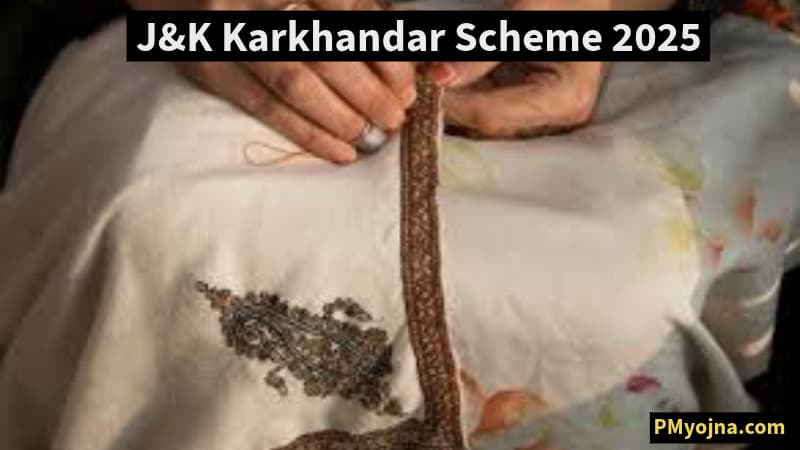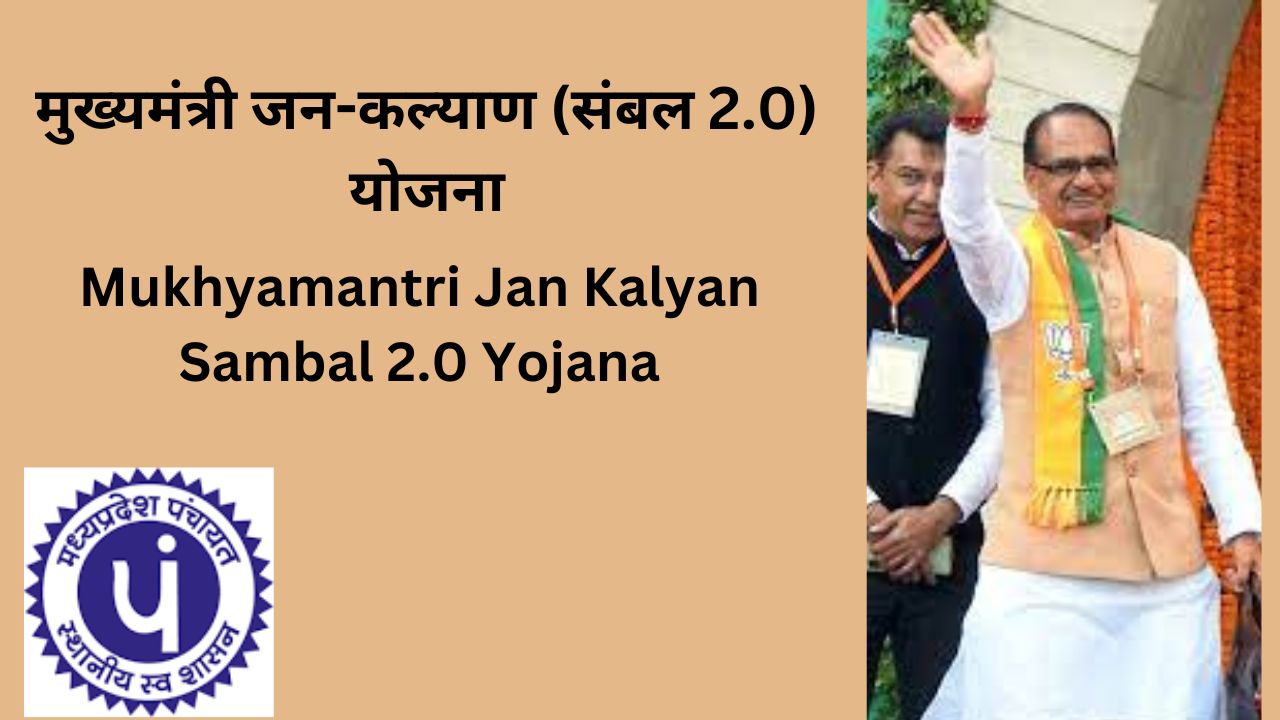J&K Karkhandar Scheme 2025 for Development of Craft Sector – Check Eligibility & Benefits
The Jammu and Kashmir government has introduced the J&K Karkhandar Scheme 2025 to boost and strengthen the craft sector across the Union Territory. This initiative aims to revive and promote traditional and declining crafts by providing the necessary support to artisans. Through the Karkhandar Scheme, the government seeks to give a new momentum to the craft industry by offering financial assistance, training opportunities, and skill development programs. Below, you can find complete details about the scheme’s eligibility criteria, benefits, and financial support structure.
What is J&K Karkhandar Scheme 2025?
The Jammu and Kashmir Government has launched the Karkhandar Scheme 2025 to promote and strengthen the craft sector across the Union Territory. Implemented on a pilot basis by the Department of Handicrafts and Handloom, Kashmir, this initiative aims to revive traditional and dying crafts while empowering artisans with better opportunities.
For years, many artisans working in the handicraft sector have faced exploitation and low earnings, trapping them in poverty and discouragement — often leading them to abandon their craft. The Karkhandar Scheme seeks to change this by enhancing artisans’ skills, improving their income levels, and encouraging entrepreneurship. Through this initiative, the government aims to breathe new life into the craft industry and ensure sustainable livelihoods for skilled craftsmen in the region.
Vision of J&K Karkhandar Scheme
Jammu & Kashmir Karkhandar scheme will identify and impart skill upgradation training in crafts that are facing human resource crunches such as walnut wood carving, silver filigree, carpet, Kani shawl weaving, Khatamband and Papier Machie crafts. Besides these, other crafts will also be given due consideration as per the need basis ascertained by respective Assistant Directors of Handicrafts & Handloom Department.
J&K Karkhandar Scheme 2025 – Objective, Eligibility, Application & Financial Assistance
Under the Jammu and Kashmir Karkhandar Scheme 2025, the number of craft centres allotted to each craft may be reallocated based on the progress and demand of each trade. Each craft will have a minimum of one and a maximum of five training programs conducted over a six-month period.
Objective of J&K Karkhandar Scheme
The primary goals of the Karkhandar Scheme are to:
- Revive and preserve traditional crafts that are on the verge of extinction.
- Enhance skill development by upgrading trainees’ learning techniques.
- Improve craftsmen’s income by promoting collective efforts and productivity.
- Foster entrepreneurship by linking artisans with producer organizations and market networks.
Application Process for Karkhandar Scheme
To apply for the J&K Karkhandar Scheme:
- Download or print the Application Form and Affidavit available in Annexure-A & Annexure-B of the official guidelines – Download Here.
- Fill out the form and affidavit completely, attach self-attested documents, and include a passport-size photo.
- Submit the completed form to:
Directorate of Handicrafts & Handloom, Govt. of Jammu & Kashmir,
J.L.N. Udyog Bhavan, Railhead Complex, Panama Chowk, Jammu, J&K – 180016
You can also collect physical copies of the application form and affidavit directly from the Directorate office.
Eligibility Criteria for Karkhandar Scheme in J&K
- Applicants must be meritorious trainees or ex-trainees from departmental training centres.
- For languishing crafts, the eligibility condition is relaxed.
- A minimum of 5 trainees is required for a small Karkhana and up to 10 trainees for a large Karkhana.
Methodology of Karkhandar Scheme
- Qualified trainees from departmental centres are identified and registered under the scheme.
- Registration cards and Jan Dhan bank accounts are issued to all selected trainees.
- A complete database of participants (Aadhaar, EPIC, and bank details) is maintained.
- Identified Karkhandars willing to train ex-trainees receive tools, equipment, looms, raw materials, and workspace.
- Each Karkhandar receives ₹25,000 per batch in two installments to cover logistics and operational expenses.
- After training, trainees may form cooperatives, with full guidance provided by the government.
Financial Assistance under Karkhandar Scheme
- ₹2,000 per trainee per month will be provided — ₹1,000 directly credited to the trainee’s bank account and the remaining after completing the practical training.
- Karkhandars will also receive ₹2,000 per trainee per month to cover logistics and trainer honorarium.
- Payments are performance-based and released after assessing the trainee’s skill improvement through a standardized evaluation framework.
Additionally, the Artisan Credit Card Scheme and Financial Assistance to Cooperatives Scheme are being implemented alongside this initiative to further uplift Jammu & Kashmir’s traditional craft industry and support the revival of languishing crafts.









